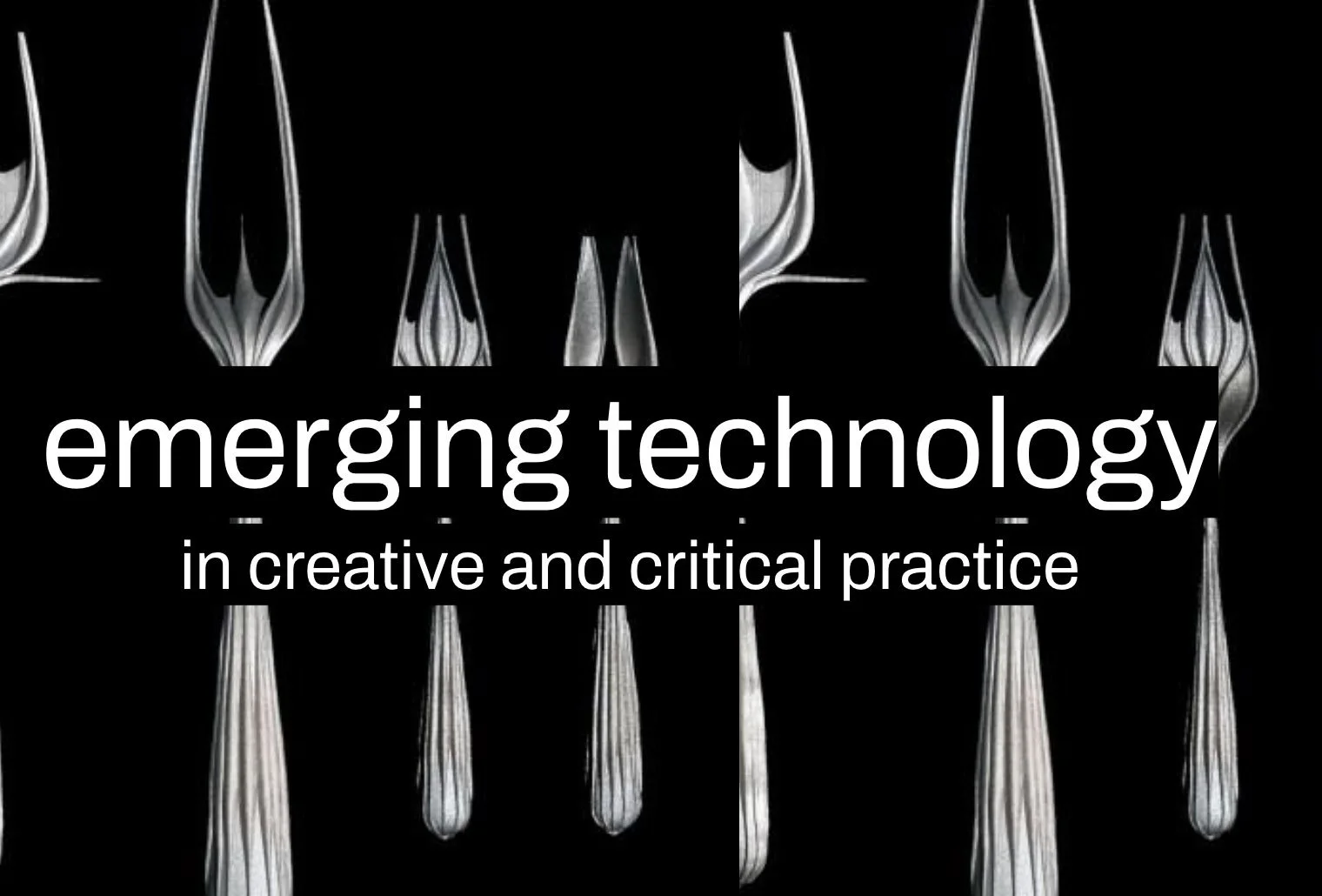work
Threads that connect my practice: education programs, teaching, and experiments that don't fit neatly into categories. Some scaled globally, some lived in a classroom for a semester. Case studies, courses, and workshops & speaking that show how I work: bridging disciplines, translating between worlds, figuring things out by making them.
Scaling Vizcom’s Education Program
/ Case Study
Challenge:
Vizcom needed to move from a product used by individual designers to an education platform that could serve institutions globally. The challenge was integrating generative AI into design curricula without replacing foundational skills, a tension many educators were navigating.
Approach:
I built a modular education program that allowed institutions to adopt Vizcom at their own pace. This included creating flexible curriculum resources, launching an ambassador program to build educator community, and establishing partnerships with 200+ institutions.
The key was translation: helping technologists understand pedagogical constraints and helping educators see AI as a tool, not a threat.
Impact:
The program scaled to 30,000+ students and faculty across 200+ institutions worldwide. Educators report integrating generative AI while maintaining design fundamentals, and the ambassador program has created a self-sustaining community of practice.
UC Berkeley - Building Critical Discourse in Design Education
/ Case Study
Challenge:
Graduate design students needed more than theory: they needed direct connection to real-world design practice and the critical debates shaping the field. The gap between academic design education and industry practice was leaving students unprepared for the ethical complexities and interdisciplinary nature of contemporary design work.
Approach:
I co-designed and co-taught Debates in Design, a lecture + colloquium course that brings 8-10 industry leaders and design thinkers into dialogue with 50 graduate students each semester. Speakers span disciplines (data, environment, graphic design, industrial design, architecture, social practice, and political science), reflecting the reality that design problems don't respect traditional boundaries.
The course structure combines guest lectures with structured debate. Students receive topics in advance and are assigned positions (for or against) that they must defend in live classroom debates, pushing them beyond their comfort zones and building the argumentative skills designers need in professional practice.
We curate speakers specifically for their engagement with ethical technology and responsible design. Guests have included Mike Monteiro, Alex Hanna, Xiaowei Wang, and Jaron Lanier. Ethics isn't a sidebar; it's woven into speaker selection, presentation prompts, debate topics, and classroom discussion.
Impact:
The course bridges Berkeley's MDes program and design practice, giving students a grounded understanding of the real design industry. They learn to identify emerging debates, understand where their work fits within broader discourse, and approach their studies with clarity about the field they're entering.
The series reinforces the program's commitment to ethical practice, ensuring that the next generation of designers enters the field equipped to question, debate, and advocate for responsible design.
Workshops & Speaking
/ Workshops & Speaking
Designing and delivering workshops on emerging technology, creativity, and design education for universities, cultural institutions, and organizations navigating the intersection of AI and creative practice.



